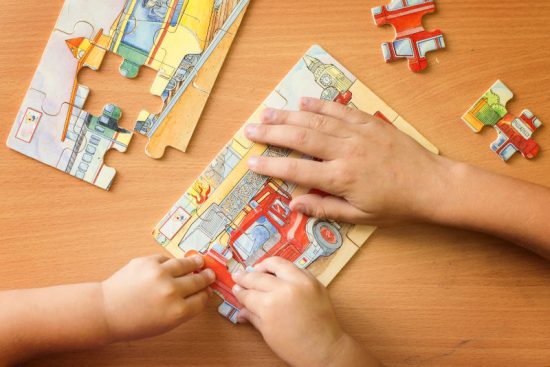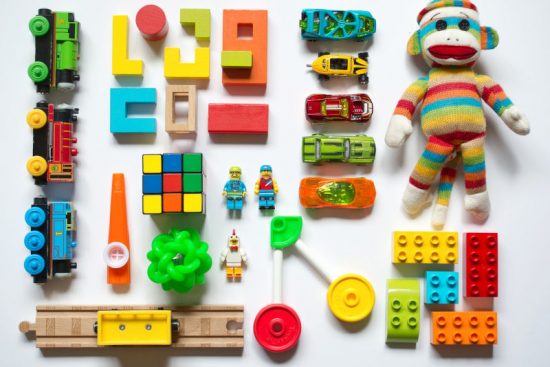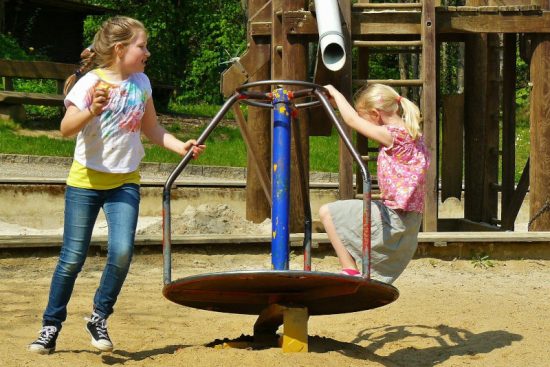
Parenting teenagers can feel like navigating a rollercoaster blindfolded—thrilling yet terrifying. One moment, they’re your sweet little kid, and the next, they’re rolling their eyes like it’s an Olympic sport. As they journey through this whirlwind of hormones and independence, parents often find themselves asking, “What happened to my child?”
But fear not! With the right strategies and a sprinkle of humor, parenting teens can transform from a daunting challenge into a rewarding adventure. Understanding their world, setting boundaries, and keeping the lines of communication open are key. So buckle up and get ready to embrace the chaos, because with a little guidance, he or she can emerge from these turbulent years with a strong bond and a sense of humor intact. Let’s dive into the art of parenting teenagers and discover how to thrive in this wild phase of life.
How to Parent Teenagers
Understanding teen development is crucial for effective parenting. Parents face many changes during adolescence, affecting physical and emotional aspects.
Physical Changes
Teenagers experience significant physical transformations as they grow. Height, weight, and body composition often shift rapidly. Hormonal changes lead to the development of secondary sexual characteristics, such as breast development in girls and facial hair in boys. Changes in body image can also create self-esteem issues. Parents should be aware that these developments may result in increased energy levels and fluctuating sleep patterns. Open discussions about body changes help build trust and promote healthy attitudes.
Emotional Changes
Emotional development during adolescence includes a search for identity and independence. Teens often experience mood swings due to hormonal fluctuations and social pressures. Friendships become increasingly important and can greatly influence emotional well-being. Relationships with peers may intensify, sometimes leading to feelings of anxiety or uncertainty. Parents need to recognize these emotional changes and provide support without being intrusive. Encouraging open communication allows teens to express feelings, fostering self-awareness and resilience.
Effective Communication

Effective communication serves as the cornerstone for successful parenting during the teenage years. Building strong relationships requires persistent efforts and strategies.
Active Listening
Active listening involves fully concentrating on what a teenager says. This means maintaining eye contact and providing verbal affirmations, like nodding or saying “I see.” Parents can validate feelings by acknowledging these expressions rather than dismissing them. Open-mindedness plays a crucial role; parents should avoid interruptions while teens share their thoughts. As a result, teenagers feel heard and respected, fostering trust. Engaging in discussions about interests and concerns can improve connections, leading to more meaningful conversations.
Open Dialogue
Open dialogue encourages teenagers to express their thoughts without fear of judgment. Creating a safe space allows for honesty and vulnerability. Parents should ask open-ended questions to prompt deeper conversations, facilitating an environment where teens feel comfortable sharing. Discussing everyday topics, such as school or friendships, leads to natural exchanges that strengthen bonds. Regular check-ins also promote ongoing communication, helping to identify issues before they escalate. This consistent engagement creates a strong foundation for sharing sensitive matters and exploring feelings.
Setting Boundaries
Setting boundaries is essential in parenting teenagers. It provides a framework that helps teens feel safe while exploring their independence.
Establishing Rules
Establishing clear rules creates structure and expectations. Parents should involve their teens in discussions about these rules to foster a sense of ownership. Focus on areas like curfews, screen time, and responsibilities, ensuring that guidelines reflect family values. Clarifying the rationale behind each rule reinforces understanding. Ensuring consistency in enforcing these rules allows teens to recognize their importance and the consequences of ignoring them.
Consequences and Rewards
Consequences and rewards create a balanced approach to discipline. Consistent and fair consequences for breaking rules encourage accountability. These can range from loss of privileges to natural consequences related to the behavior. On the other hand, recognizing and rewarding positive behavior reinforces desired actions. Parents should consider verbal praise, special privileges, or treat days for achieving goals. Such an approach motivates teens to engage in responsible behavior while acknowledging their growing maturity.
Encouraging Independence
Encouraging independence in teenagers promotes their growth and self-confidence. Parents play a crucial role in guiding this process.
Fostering Decision-Making
Involving teenagers in decision-making fosters critical thinking skills. Parents can present choices related to school activities, friendships, or hobbies, allowing teens to weigh pros and cons. Giving them opportunities to choose helps them learn from both successes and mistakes. This practice develops their sense of responsibility and enhances their problem-solving abilities. Regularly discussing the rationale behind decisions strengthens their understanding of consequences. Aligning choices with family values reinforces their self-awareness and accountability.
Supporting Choices
Supporting a teenager’s choices creates an environment of trust and respect. Parents should validate their feelings, even when they disagree with decisions. Encouraging exploration of different paths helps teens gain confidence in their judgment. Parents can ask guiding questions that prompt reflection, steering conversations towards potential outcomes. Recognizing and celebrating achievements, no matter how small, boosts motivation and independence. This approach allows teens to feel empowered, encouraging them to make informed decisions in various aspects of their lives.
Building Trust and Respect
Trust and respect form the foundation of healthy relationships between parents and teenagers. Establishing these qualities requires intentional strategies and a commitment to understanding each adolescent’s unique needs.
Trust-Building Strategies
Fostering trust begins with consistency. Parents should keep promises and follow through on commitments to establish credibility. Active listening plays a crucial role in trust-building, as it demonstrates that parents value their teenager’s thoughts and feelings. Engaging in open-ended questions encourages teens to share their experiences and concerns freely. Allowing them to express themselves without interruption reinforces the idea that their opinions matter. Additionally, sharing appropriate personal experiences can help bridge the gap, showing vulnerability and creating a sense of shared understanding. Parents can also respect their teen’s privacy while maintaining healthy boundaries to create a supportive environment.
Importance of Respect
Respect serves as a vital element in the parent-teen relationship. Acknowledging a teenager’s individuality fosters a sense of autonomy and validation. When parents express appreciation for their teen’s opinions, it encourages a more open dialogue. Setting respectful communication standards helps combat defensiveness and promotes healthy exchanges. Teens learn to reciprocate respect when they observe it modeled by their parents. Additionally, recognizing achievements, no matter how small, reinforces their confidence. Creating family traditions that emphasize mutual respect strengthens relationships and enhances overall connection. Prioritizing respect helps cultivate a positive atmosphere where both parents and teens feel valued and understood.
Conclusion
Parenting teenagers can feel overwhelming but it’s also an opportunity for growth and connection. By embracing open communication and understanding the unique challenges teens face, parents can foster an environment of trust and respect. Setting clear boundaries while encouraging independence allows teens to develop essential life skills.
Celebrating their achievements and validating their feelings strengthens relationships and promotes self-awareness. Navigating this rollercoaster ride requires patience and adaptability but with the right approach, parents can guide their teens toward becoming confident and responsible adults. It’s a journey worth taking together.




